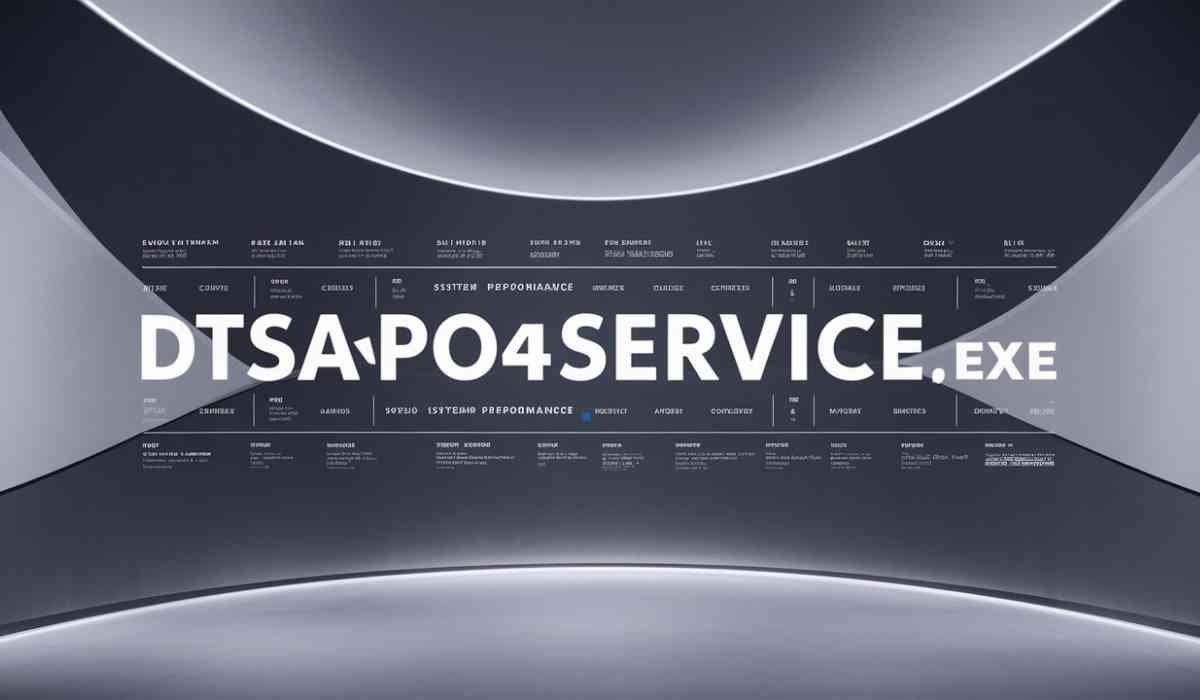Online shoppers strongly prefer to purchase from websites presented in their native language, as 76% make this choice. This powerful statistic demonstrates the essential need for businesses to implement localization strategies as they enter new international markets.
A complete localization focus enables companies to expand their market reach. When businesses implement effective localization strategies, customer loyalty rises, and communication mistakes decrease. Product managers require the expertise of a localization agency to achieve success in international markets. Businesses benefit from proper localization methods as they prevent costly cultural misunderstandings that damage brand reputation and lead to legal troubles.
This article demonstrates the significance of localization in achieving product success. This section teaches you essential elements of effective strategy formation and actionable methods for incorporating localization throughout your product development process.
Why Localization Is Critical for Product Success
Investment in translation leads companies to achieve profit growth at 2.04 times the rate of non-investing businesses and increases their earnings per share by 1.27 times. Data demonstrates how essential product localization has become to achieving international business success, particularly with visionary product managers at the helm.
Localization goes beyond simple translation. The process adjusts products, services, vices, and marketing plans to align with specific needs and priorities in local markets. The complete approach includes product labels, user interfaces, and pricing structures. Effective marketing campaigns must align with cultural norms in local regions.
The data reveals essential insights into partnering with a localization agency:
- 65% of consumers prefer content in their native language, even if it’s of poor quality, while 40% won’t buy from websites in other languages at all.
- 70% of consumers are more likely to support brands that demonstrate cultural awareness.
- Companies with diverse workforces have a 35% higher likelihood of outperforming their competitors.
Effective localization creates several key business outcomes. Businesses that localize their products can enter new markets and connect with customers who avoid generic products. Expanded market access enables sustained growth within highly competitive international markets.
Your brand’s connection with customers changes depending on how well you adapt to different cultures. Leaders of global companies identify cultural differences as their primary obstacle in international business operations. Sixty-six percent of respondents identified this as an essential element. Localization agencies guide through market complexities to make products appear native within each market.
An additional significant advantage is the development of a stronger brand reputation. Businesses receive greater trust in local markets when they fully commit to localization, which is especially important when foreign brands experience skepticism.
Product managers must understand localization as part of their strategic investment strategy rather than a secondary concern. Experienced localization agencies help prevent cultural mistakes in product delivery. By transforming products into culturally meaningful experiences, this approach increases user contentment and drives better business performance.
Key Components of an Effective Localization Strategy
Word-for-word translation alone cannot achieve a successful localization strategy. Studies demonstrate that 87% of customers avoid purchasing from websites that fail to offer content in multiple languages. Product managers must incorporate multiple essential components into their methods to achieve cultural connections across various markets.
A functional localization plan requires market research to establish its foundation. Understanding local consumer behavior requires knowledge of their preferences and cultural factors that influence their acceptance of products. Research indicates that understanding cultural differences provides key insights that help you access international markets effectively.
Language adaptation goes beyond simple translation. An effective localization agency ensures your content connects with diverse cultures by tailoring messages to match each market’s distinct communication style.
The visual components of your product deserve as much focused attention. You’ll need to change:
- User interfaces to fit different languages (German text takes up twice the space of English).
- Color schemes (red means danger in Western markets but brings good luck in China).
- People, symbols, and objects in images match local culture.
Technical changes matter, too. Your digital content requires currency conversion and date format standardization, along with measurement unit adjustment based on regional specifications. Implementing design elements suitable for specific cultures enables users to navigate interfaces with improved efficiency.
Following local laws cannot be ignored. Different markets require distinct legal compliance, including GDPR rules and industry-specific regulations. A professional localization agency will direct you through the requirements to maintain compliance with your digital content.
Effective localization requires strategic planning and priority setting. To avoid financial waste, your localization efforts should harmonize with your business objectives and focus on significant target markets.
Implementing Localization in Your Product Development Cycle
According to experienced product teams, good localization begins before the translation phase. Incorporating localization into your development cycle halves deployment time and eliminates most workflow bottlenecks.
Internationalization (i18n) creates the technical basis necessary for your product to function across multiple cultures, which makes localization possible. This vital first step includes:
- Separating source code from localizable elements
- Making your product Unicode-aware to display right-to-left languages
- Minimizing concatenated strings that complicate translation
- Creating a flexible UI that handles different date formats and currencies.
A complete brief is necessary to guide your localization agency through the project. Sylwia Winnik from Energy Casino explains that companies often fail to recognize that effective translation involves tailoring content to fit user interface design. The brief must detail translation elements and character count limits while defining project timelines and providing context through screenshots and glossaries.
The cross-functional localization team ought to take charge of the process. Product managers, developers, translators, and UX designers are the essential team members. Specialized localization engineers and project managers can improve efficiency on big projects.
The use of translation management systems (TMS) accelerates the implementation process significantly. The platforms enable real-time team collaboration while automating workflows and maintaining terminology consistency. TMS solutions would allow companies to complete translations faster than traditional techniques.
Testing deserves proper time and attention. Beta testing identifies problems before customer exposure, while quality assurance evaluates translation precision and functionality. Eran Galperin, CEO of Gymdesk, puts it well: Software localization becomes more difficult in areas with underdeveloped infrastructure. That’s why thorough testing matters so much.
Continuous localization, which integrates translation into development sprints, represents the fastest workflow method. This method requires close collaboration between team members while allowing simultaneous global software releases. Your localization agency should integrate with product development to avoid waiting until completion.
Conclusion
International expansion requires companies to go beyond basic translation services. The primary benefits of partnering with a localization agency include creating culturally adapted products while achieving improved market reach and establishing stronger customer bonds. Product managers need to incorporate localization as a fundamental component of their international strategy rather than treating it as an optional add-on.
International success requires proper internationalization and detailed localization before companies can achieve global success. Professional localization agencies guide teams through cultural nuances while addressing technical specifications and regulatory compliance. This strategy prevents costly errors and expedites market entry for businesses.
Developing products for global markets requires product managers to incorporate localization processes early to ensure worldwide success. Teams that collaborate with localization partners achieve quicker launches and better integration into their target markets. Implementing the correct localization strategy enables companies to develop a sustainable competitive advantage, which drives environmentally conscious market expansion globally.









